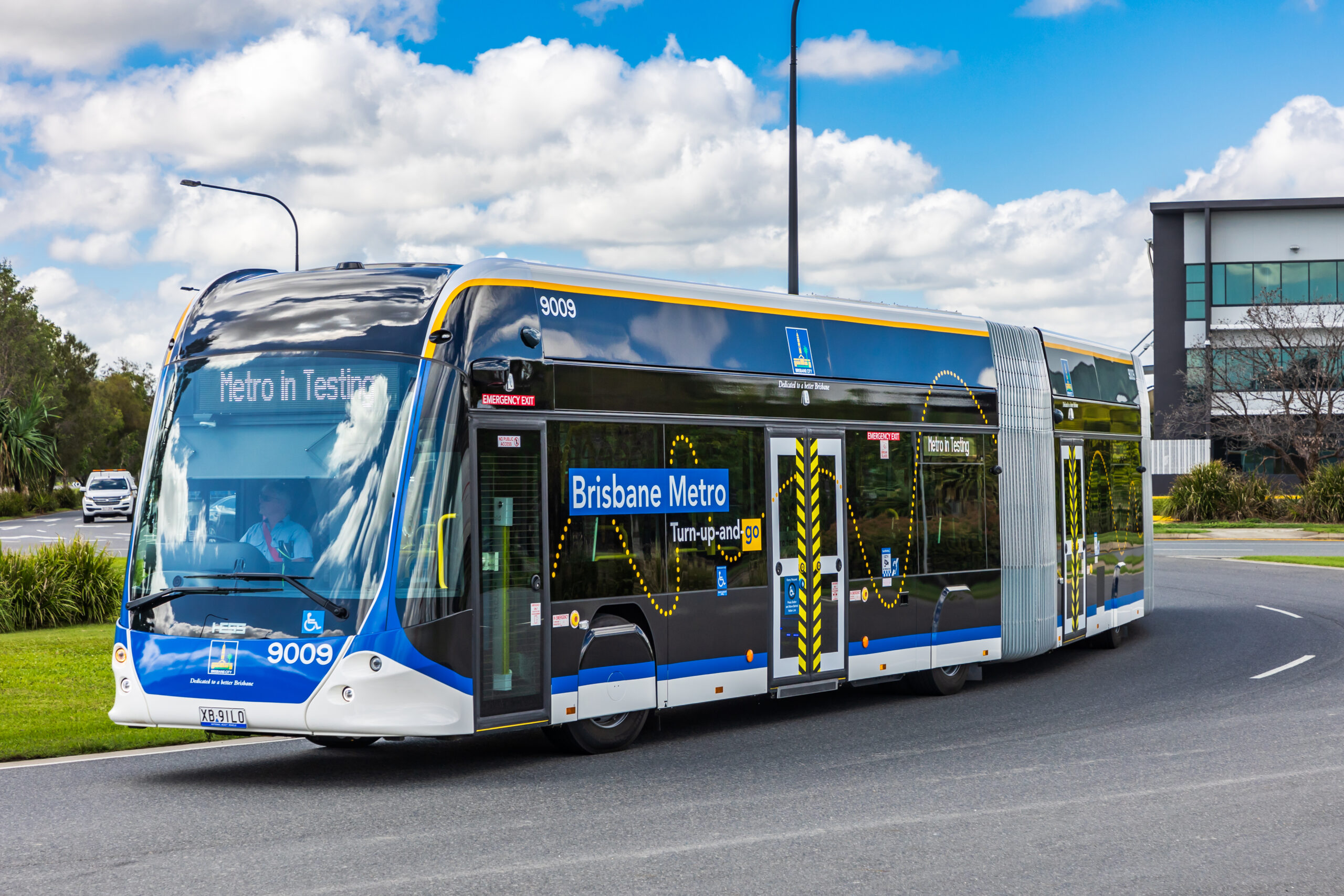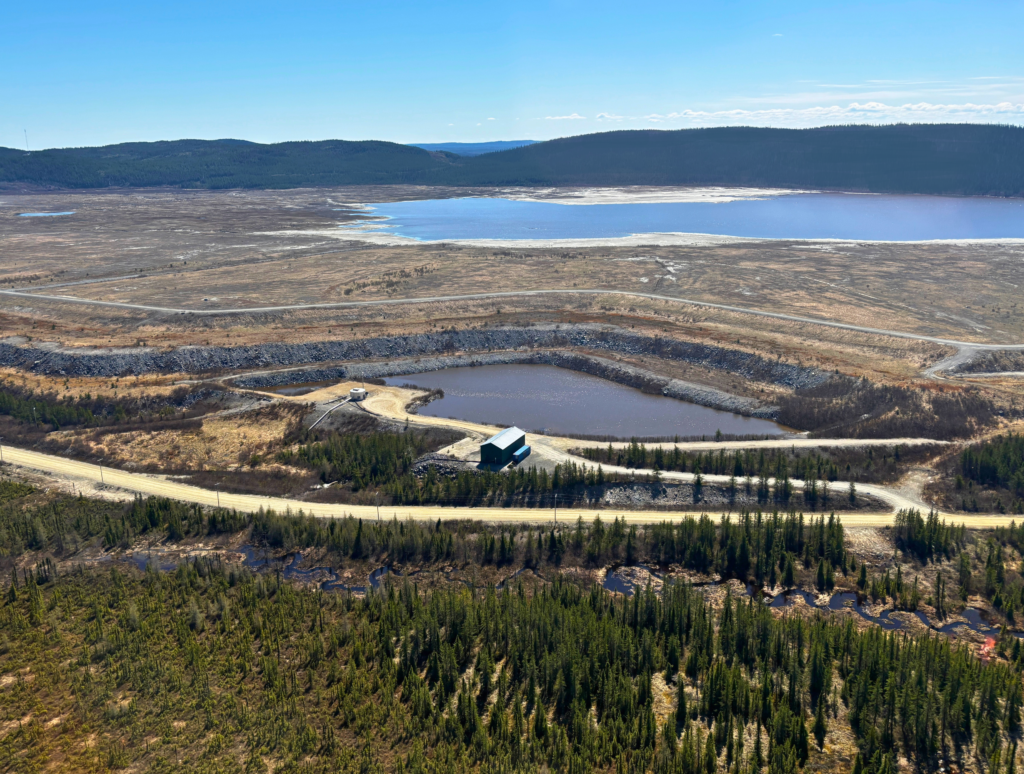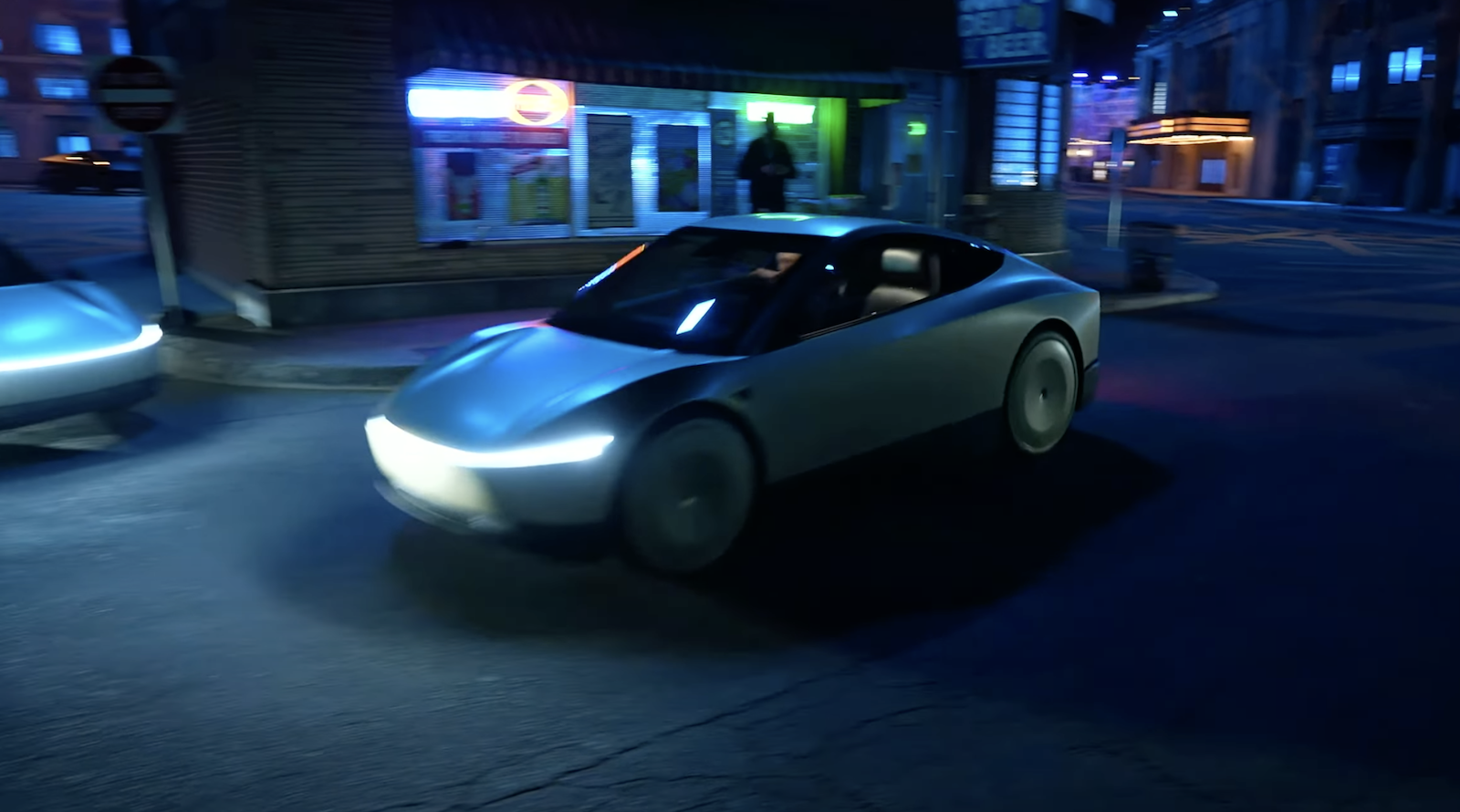Sign up for daily news updates from CleanTechnica on email. Or follow us on Google News!
Biloxi Public Schools (BPS) will be acquiring 29 new all-electric school buses and installing charging infrastructure for them. Electric school buses generate no direct air pollution, unlike their diesel and gas counterparts that emit exhaust which harms human health. Diesel exhaust, in particular, is a problem.
“In its comprehensive assessment of diesel exhaust, OEHHA analyzed more than 30 studies of people who worked around diesel equipment, including truck drivers, railroad workers and equipment operators,” the California Environmental Protection Agency’s Office of Environmental Health Hazard Assessment (OEHHA) writes. “The studies showed these workers were more likely to develop lung cancer than workers who were not exposed to diesel emissions. These studies provide strong evidence that long-term occupational exposure to diesel exhaust increases the risk of lung cancer.”
Students who ride school buses are not adult workers, so they would not likely have the same level of exposure, and yet, they still spend some portion of each school day riding buses and waiting for them in areas where they may breathe diesel exhaust.
Emissions from diesel and gas engines also can worsen asthma. Unfortunately, some children do have this health condition, so if they ride electric buses, their symptoms might decrease.
Of course, drivers of diesel and gas buses who switch to electric ones would also have their toxic exposure level decreased. The same would be true for mechanics who repair diesel and gas buses.
Another benefit is reducing climate change emissions such as CO2, because, again, all-electric buses don’t directly produce that greenhouse gas.
Ron Taglieri, Schneider Electric Offer Manager, answered some questions about the new school buses for CleanTechnica.
How many new EV school buses will be acquired?
Biloxi Public Schools (BPS) is integrating 29 new electric school buses into their fleet, along with the necessary charging infrastructure to support them. This is the largest EV bus implementation by a school district in the state of Mississippi.
Will they replace diesel buses?
Yes, the transition involves phasing out 20 diesel buses and nine gas buses, focusing on replacing the older vehicles first – some of which have been in operation for two decades.
How much will be saved by switching to electric buses?
Traditional diesel buses, especially older models, carry significant operations and maintenance costs in addition to recurring fuel costs. By replacing 39% of the fleet, BPS is expected to reduce transportation expenses by 40% .
In 20 years, the savings from fuel and operation and maintenance alone will add up to $1.4 M. Over the course of 15 years, BPS will avoid an additional $3.2 M by avoiding having to purchase two new buses each year over that period. These two figures add up to BPS avoiding $4.6 M in capital costs.
However, these electric buses are just one piece of the puzzle. The district has also partnered with Schneider Electric since 2010 to upgrade building infrastructure and optimize the district’s power and resource management through our advanced software systems. Through this holistic approach to streamlining energy consumption across all facilities, the district is guaranteed to generate over $11.5 million in total savings over the next 15 years.
What other benefits will there be when the EV buses are operating, and the diesels are gone?
Beyond cost savings, the transition to electric school buses brings significant health and environmental benefits. Zero-emission buses will reduce harmful diesel fumes, meaning cleaner air for students. The buses are also much quieter than a typical diesel bus, which contributes to a more peaceful commute, benefiting not only students and drivers but also the neighborhoods along the bus routes.
Where will the electric buses charge?
We’re working with BPS to install a centralized charging depot that will include both standard and direct current fast chargers with smart charging software, as well as robust electrical infrastructure to support the fleet’s power needs. BPS will be able to control when their EV fleet draws power, reducing strain on the local grid while also allowing them to optimize electricity costs.
When will the EV buses be put into service?
The new electric school bus fleet is set to be fully operational within the next two years — though some aspects of the project like power transformers and several buses have lead times closer to one year. We are currently upgrading the necessary charging and electrical infrastructure at the bus depot, in partnership with Mississippi Power.
How much will they cost, including the charging infrastructure and where will the funds come from?
The $11.45 million Clean Bus grant fully covers the cost of 29 new EV buses and contributes $580K toward the charging infrastructure. Mississippi Power is contributing $130 K in rebates to put toward the charging infrastructure. The remaining costs associated with the charging infrastructure will be covered through $1.45M in reinvested fleet savings through Schneider Electric, plus an additional $805K from a 179-D tax deduction project credit.

Chip in a few dollars a month to help support independent cleantech coverage that helps to accelerate the cleantech revolution!
Have a tip for CleanTechnica? Want to advertise? Want to suggest a guest for our CleanTech Talk podcast? Contact us here.
CleanTechnica uses affiliate links. See our policy here.
CleanTechnica’s Comment Policy




